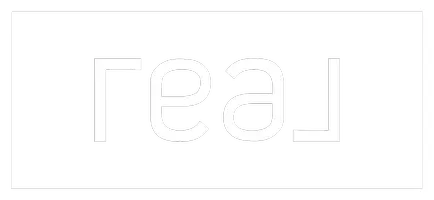Will the Housing Market Crash Like 2009? Here's Why 2025 Is Different
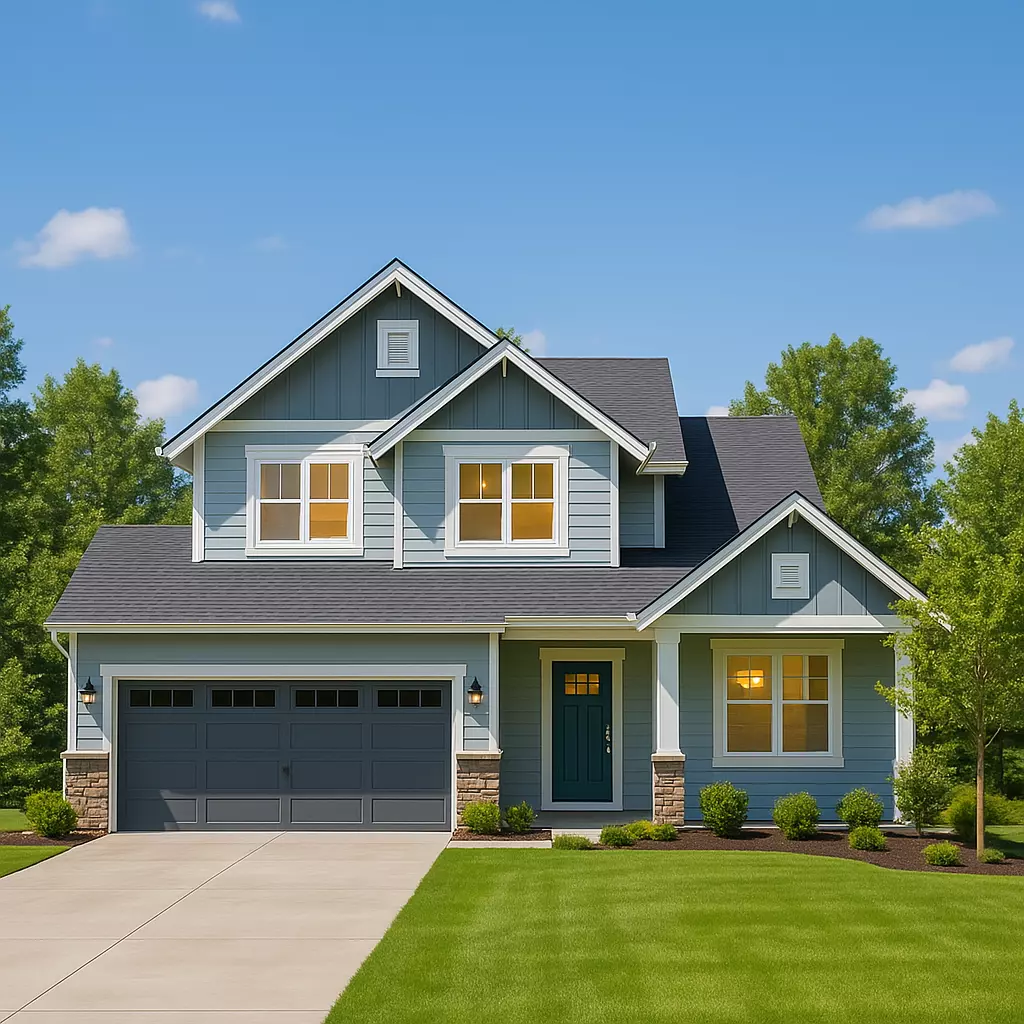
If you're asking yourself, “Are we headed for another housing market crash?”—you're not alone. With rising interest rates, high home prices, and inflation in the headlines, it's natural to feel cautious. But the truth is: the real estate market in 2025 is nothing like it was in 2008 or 2009.
In this post, we’ll break down what really caused the housing market crash in 2009—and more importantly—why today’s market conditions are significantly stronger.
🧨 Why Did the Housing Market Crash in 2008–2009?
The 2008 housing crash was triggered by a combination of bad lending practices, risky financial products, and a collapsing credit market. Here's what happened:
1. Subprime Mortgage Lending
Lenders were giving out high-risk mortgages to borrowers with poor credit and unstable income. These “subprime loans” had little to no verification and ballooned into toxic debt.
2. Housing Bubble from Overbuilding
Homebuilders overbuilt, creating a massive surplus of homes. When demand fell, the market was flooded with inventory—driving home values down quickly.
3. Adjustable-Rate Mortgage Defaults
Many buyers were approved for loans with low introductory rates, only to face payment shocks a few years later. Defaults and foreclosures skyrocketed.
4. Wall Street Collapse
Risky mortgage-backed securities were sold off as “safe” investments. When defaults piled up, financial institutions collapsed—triggering the Great Recession.
5. Widespread Foreclosures and Negative Equity
As values dropped, millions of homeowners owed more than their homes were worth. Foreclosures flooded the market, dragging prices down further.
✅ Why a Housing Crash in 2025 Is Unlikely
Despite current market volatility, we are not in a housing bubble like we were in 2008. Here's why the 2025 housing market is fundamentally more stable:
1. Tight Lending Standards
Mortgage lenders now require verified income, solid credit scores, and strong debt-to-income ratios. Today's buyers are financially sound and well-qualified.
2. Record-Breaking Home Equity
Most homeowners today have significant equity. According to CoreLogic, the average homeowner gained over $25,000 in equity in the last year alone. This cushions against potential market dips.
3. Low Housing Inventory
Unlike 2008, we have a housing shortage, not an oversupply. Homebuilders still haven’t caught up to demand, which keeps prices from crashing even as demand cools.
4. Stable Fixed-Rate Mortgages
Over 90% of today’s loans are fixed-rate, protecting homeowners from payment spikes. This makes today’s market less vulnerable to interest rate shocks.
5. Strong Labor Market & Economy
Unemployment remains low, and wages are growing. Despite inflation, most Americans are in a stronger financial position than they were in the mid-2000s.
💡 What This Means If You're Buying or Selling Real Estate in 2025
If you’re planning to buy or sell a home in 2025, here’s the bottom line:
-
Buyers: Home prices may level off or slightly adjust, but a crash is highly unlikely. Waiting for prices to "drop like 2008" could cost you time and equity.
-
Sellers: While the red-hot bidding wars have cooled, homes are still moving—especially when priced competitively. Low inventory continues to give sellers an edge.
🔎 Final Thoughts: Is the Housing Market Going to Crash?
No one has a crystal ball, but based on the current housing trends, lending environment, and inventory levels, a 2008-style housing market crash is highly unlikely in 2025.
Today's market is driven by real demand, tight supply, financially sound borrowers, and smarter regulations—not speculative lending and risky investments.
Recent Posts
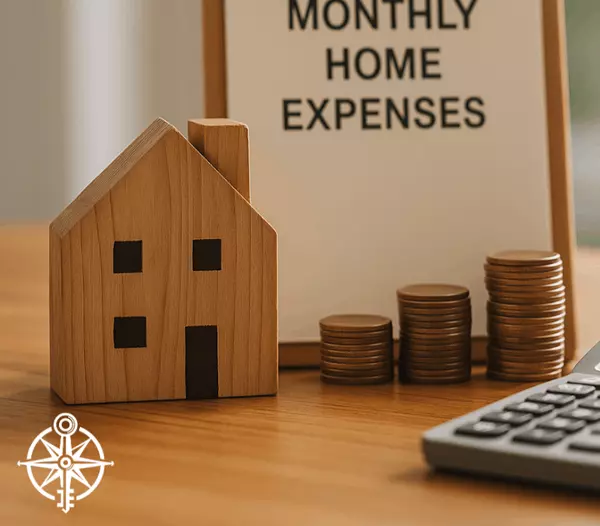
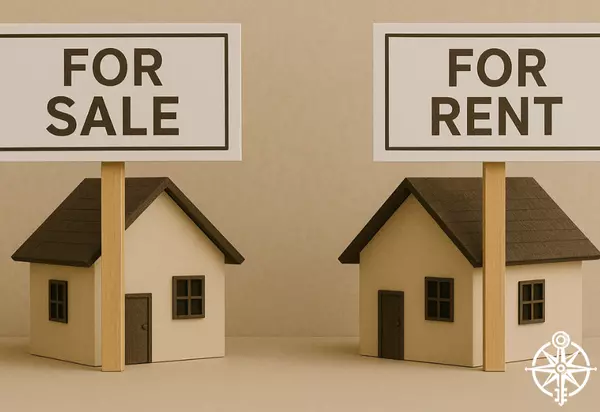

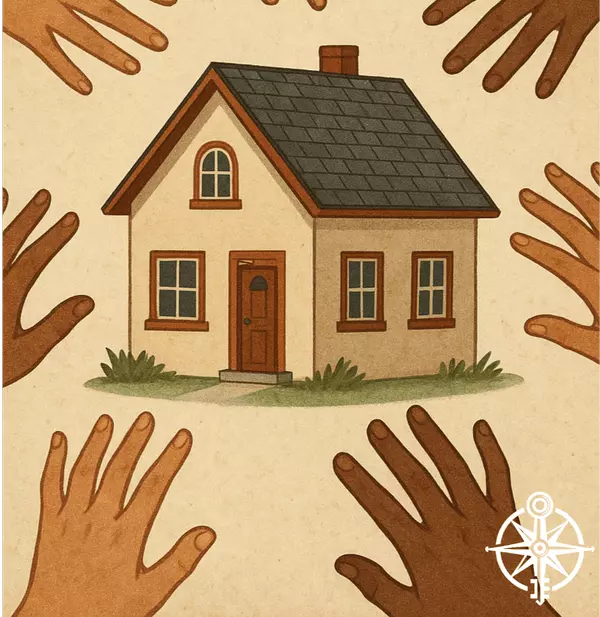
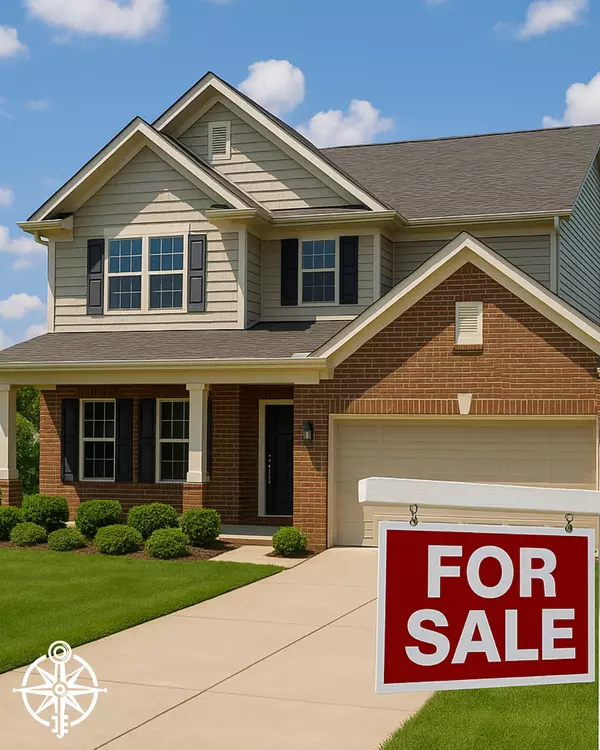


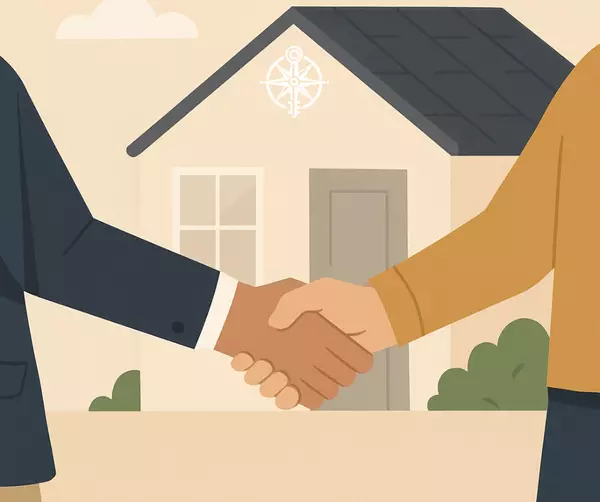
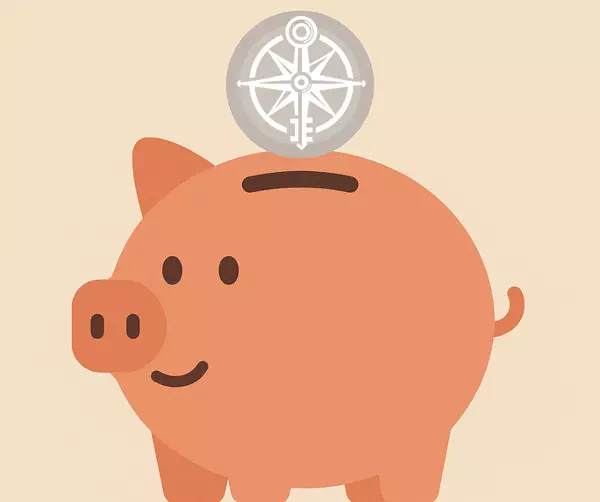
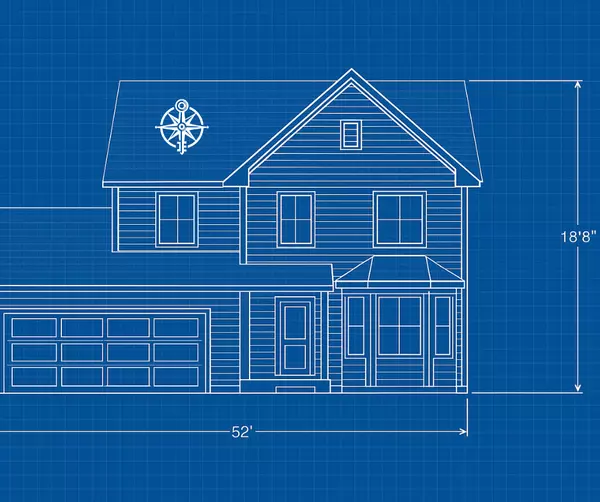

"Real estate isn't about money for me, its about serving my community. I can't wear the uniform anymore, but I can use every resource at my disposal to educate the people around me and advocate on their behalf. My mission is to spread success to everyone I meet, its not sales...
its Real Estate with Purpose".
617 N Mulberry St #105B, Elizabethtown, KY, 42701, USA

